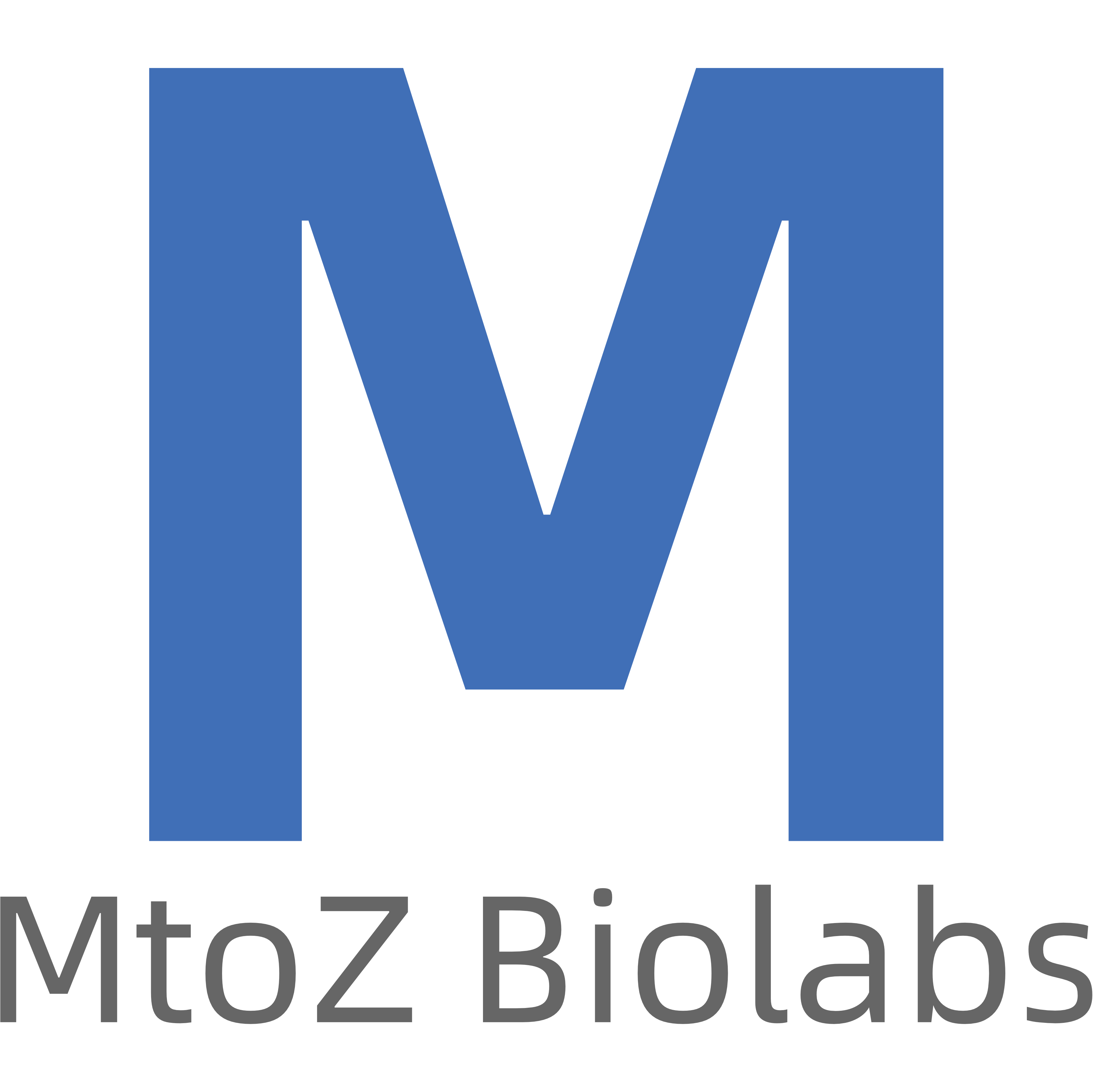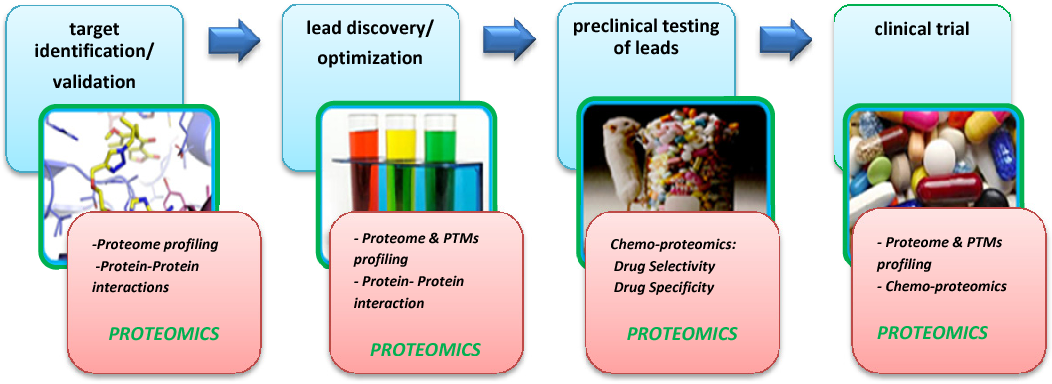
 Click for Larger
Photo
Click for Larger
Photo
|
|
Proteomics Analysis Service Product Description
The term "proteomics" is the combination of "protein" and "genomics", referring to the full set of proteins expressed by a genome, which consists of all the proteins expressed by a cell or an organism. In 1995 (though there are mentions of 1994 and 1996), Marc Wilkins first proposed the concept of proteome, and in 1997, Peter James (who worked at the Swiss Federal Institute of Technology, known as the European MIT) further introduced the concept of proteomics. The concepts of genomics and proteomics have further given rise to various other omics, and their birth and development have also made systematic biology possible.
Research on proteome not only provides a material basis for understanding the laws of life activities but also offers theoretical basis and solutions for elucidating numerous disease mechanisms. By comparing the proteome of normal and pathological individuals, we can identify certain disease-specific protein molecules, which may serve as molecular targets for new drug design, or may also provide molecular markers for early disease diagnosis. Indeed, some of the best-selling drugs worldwide are either proteins or target-specific protein. Thus, proteomics research is not only essential for exploring the mysteries of life but also benificial to human health. The study of proteomics is a characteristic of life sciences entering the post-genomic era.

Nasrin, D. et al. Iran. J. Pharm. Sci. 2018.
Figure 1. Applications of Proteomics
Proteomics refers to the systematic identification and quantification of the proteome of a biological system (cell, tissue, organ, body fluid, or organism) at a specific time point. Mass spectrometry (MS) is the most commonly used technique for proteomics. MtoZ Biolabs, based on high-throughput mass spectrometry technology, has established many proteomics analysis platforms, possessing first-class MS-based proteomics techniques and analysis capabilities, to provide a complete set of proteomics solutions.
1. Protein Identification
Protein identification is a fundamental step in proteomics, aimed at identifying the proteins in a sample, and is critical for determining the nature of protein products. The molecular weight, isoelectric point, structure, and amino acid sequence of a protein are key attributes in determining the type of protein. MtoZ Biolabs possesses high-resolution mass spectrometry, capillary electrophoresis, and circular dichroism methods for protein identification, enabling precise identification of protein by detecting these attributes and meeting various research needs. Whether your sample is protein mixture, SDS-PAGE protein bands, 2D protein gel spots, or pull-down and Co-IP samples, we can provide efficient and accurate identification.
2. Quantitative Proteomics Analysis
Protein quantification is the process of determining the relative or absolute quantity of proteins in samples. In proteomics research, researchers often need to compare protein expression levels under different conditions, such as normal versus disease states, or research changes of protein expression levels over different time points. Quantification of protein can be achieved through various methods, such as isotopic labeling (e.g., TMT, iTRAQ, SILAC, 15N labeling) and label-free quantification, providing information on protein quantities in different biological samples. MtoZ Biolabs quantitative proteomics platform offers various protein quantification techniques, including Label-free, iTRAQ, TMT, SILAC, 2D-DIGE, DIA, SWATH, and relative, semi-quantitative, and absolute quantification to meet various research needs, and free consultation is available.
3. Protein Sequencing
Protein sequencing involves analyzing the sequence of amino acid residues that make up the primary structure of protein. Protein sequencing is essential for understanding the structure and biological functions of proteins within organism. MtoZ Biolabs uses nano LC-MS/MS nanoscale chromatography combined with tandem mass spectrometry and Shimadzu's Edman degradation sequencing system to analyze protein sequences, offering MS-based protein sequencing analysis service, including analysis of protein amino acid composition, N-terminal sequencing, C-terminal sequencing, and full-length sequence, as well as Edman degradation-based N-terminal protein sequence analysis. For proteins with unknown theoretical sequences, we provide de novo protein sequencing services to analyze the protein sequence.
HOME - About PetsGlobal.com - Pet Industry Links - Update my company - Contact PetsGlobal.com
© 2001-2025 PetsGlobal.com All right reserved